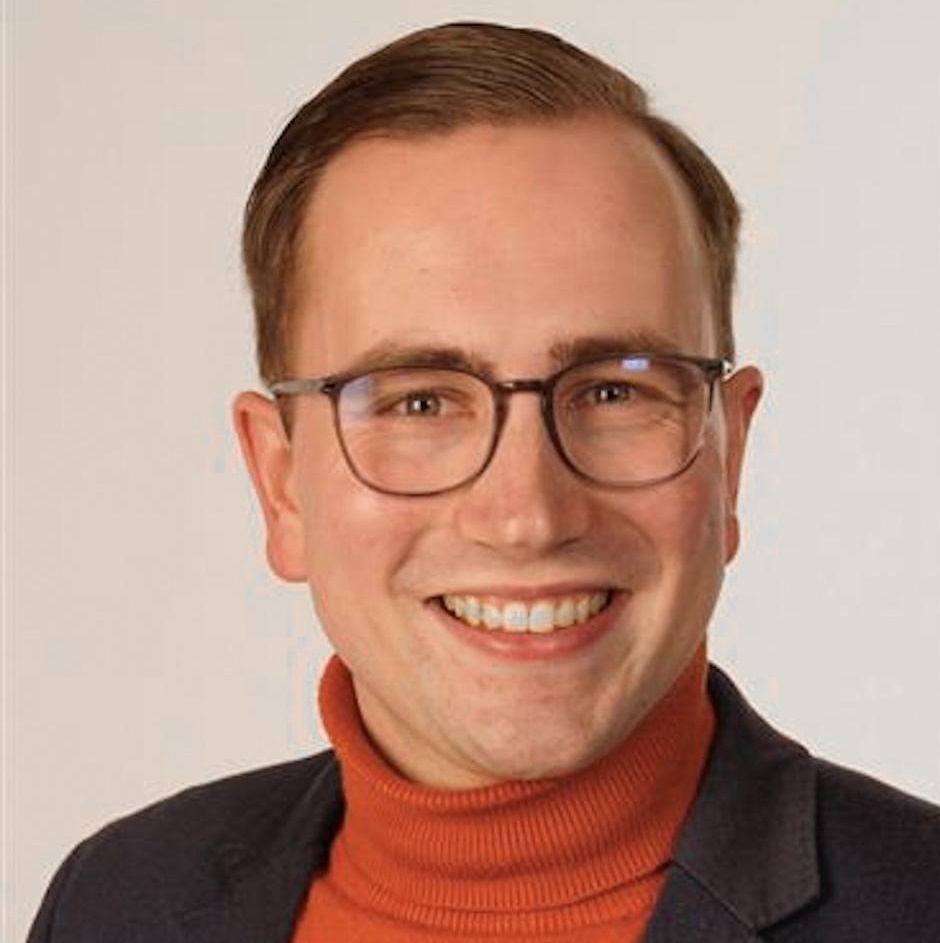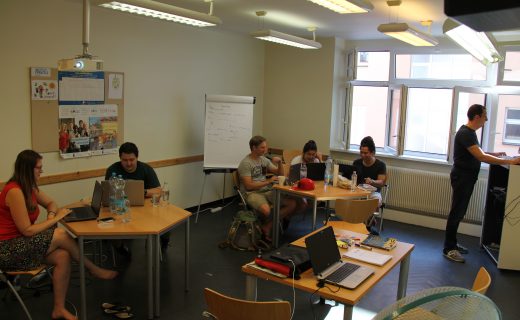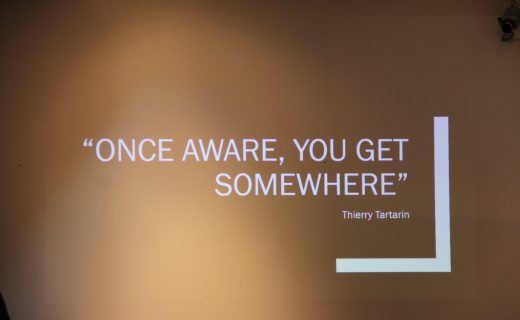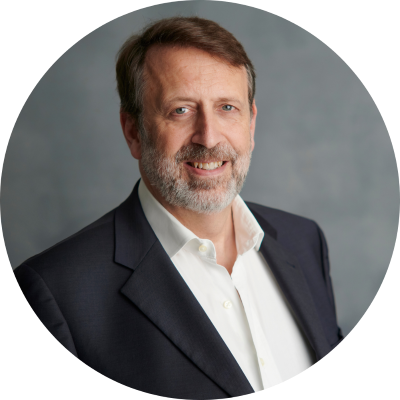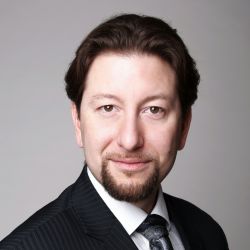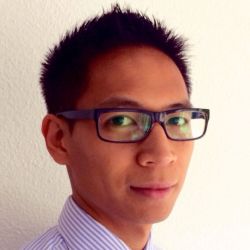Course outline
Literature (suggested)
- Epstein, Marc J., Making sustainability work (San Francisco 2008)
- Tepper, Jonathan, and Hearn, Denise, The myth of capitalism (New Jersey 2019)
- Raworth, K., Doughnut Economics: Seven Ways to Think Like a 21st-Century Economist (Vermont, USA, 2017)
- Simons, L., Nijhof, A. Changing the game. (2020)
- Saxion Business Model Lab: https://businessmodellab.nl/en/
- Project Drawdown: https://drawdown.org/
- United Nations Sustainable Development Goals: https://sdgs.un.org/goals
- You will receive additional articles prior to the start of the summer course by e-mail.
References
1) "I liked the depth we went through with the reflections. More specifically, I appreciate the fact that you really went through the documents and gave feedback also from your own experience. It made me felt I could relate more and thus I was able or at least I wanted to go even deeper in my own reflections.
The different kinds of assignments were a lot of fun and very educational as well. It was a good way to be creative and be active with my brains by doing other things rather than just reading and discussing. I especially liked that you joined us with the assignments as well!
The discussions about theories and then trying to implement or seek for our own examples accordingly was very nice. It gave a good practical sense of understanding and how we can then also could implement in future events. Thank you for sharing your own experience!"
2) "Videos were very inspiring and easy to relate to - I liked the personal point of view and that we had to go really deep into our own heads - You very good teacher and I liked your transparency and that your also shared with us. You made it relevant to our own backgrounds. The wide range of different methodologies we used. The reflections. (Even though it was very demanding sometimes because there was a lot to do all the time, not much rest in general. Nevertheless, I very much appreciate this way of learning
and reminding myself about what I have actually learned today and how can I implement this in my own background)"
3) "Use of videos Very good explanations Activities in the course."
Professional development - Business challenge
Effective learning involves visualizing information and understanding its practical application (Oakley & Sejnowski, 2018). In this summer course, participants will engage in a real-world case study involving a company in Prague seeking assistance in enhancing sustainability through proposed circular solutions within its existing business model. Working collaboratively within (sub)groups, participants will develop and execute a plan, addressing key considerations such as analysing the business model, identifying improvement opportunities, and creating tailored circular solutions. Decisions on visualization methods for the proposed solutions rest with the groups, emphasizing the role of creativity in sustainability and circular economy initiatives.
Personal development – Identifying your identity
The course also prioritizes personal development, specifically in identity identification. While maintaining a fast-paced approach, the course recognizes the value of reflection, providing support through various models and group sessions with the coach. Taking time for reflection and evaluating one's current position are integral to making substantial progress, even in the pursuit of continuous advancement.
Credits
You will receive an official Certificate of Attendance upon completion of your course. Please inform the organizing staff if you require any extra supplements, such as Transcript of Records. The student is eligible to receive up to 5 ECTS credits, however please follow the instructions here and consult the acknowledgment process with your university in advance.
Assessments
- attendance in class 15%
- team assignment 40%
- individual assignment 35%
- exam 10% (optional, if required by home University)
Course time total 125 hours
- Course runs 2 weeks Monday to Friday 9:00-14:00
- Total time of in-class work = 50hours
- Preliminary assignment = 10hours
- Preparation = 65hours
Price
Course fee includes the course itself, application fee, study materials, afternoon/evening social activities and events, welcome and goodbye drink as part of the graduation party. Other expenses, such as meals, accommodation, insurance, personal expenses, public transportation ticket, extra activities (such as trips outside of town over the weekend and entrance fees), and required equipment (i.e. pencils, paper for illustrations) are not included in the price.
Please note, after the 30th of April 2024 there will be a late enrollment fee charged in the amount of 50EUR on top of the course fee.
Terms and Conditions - Cancellation fees
Costs of living in Prague
Accommodation
For accommodation options, please visit the dedicated page
*Program/Course Outline is subject to change.


